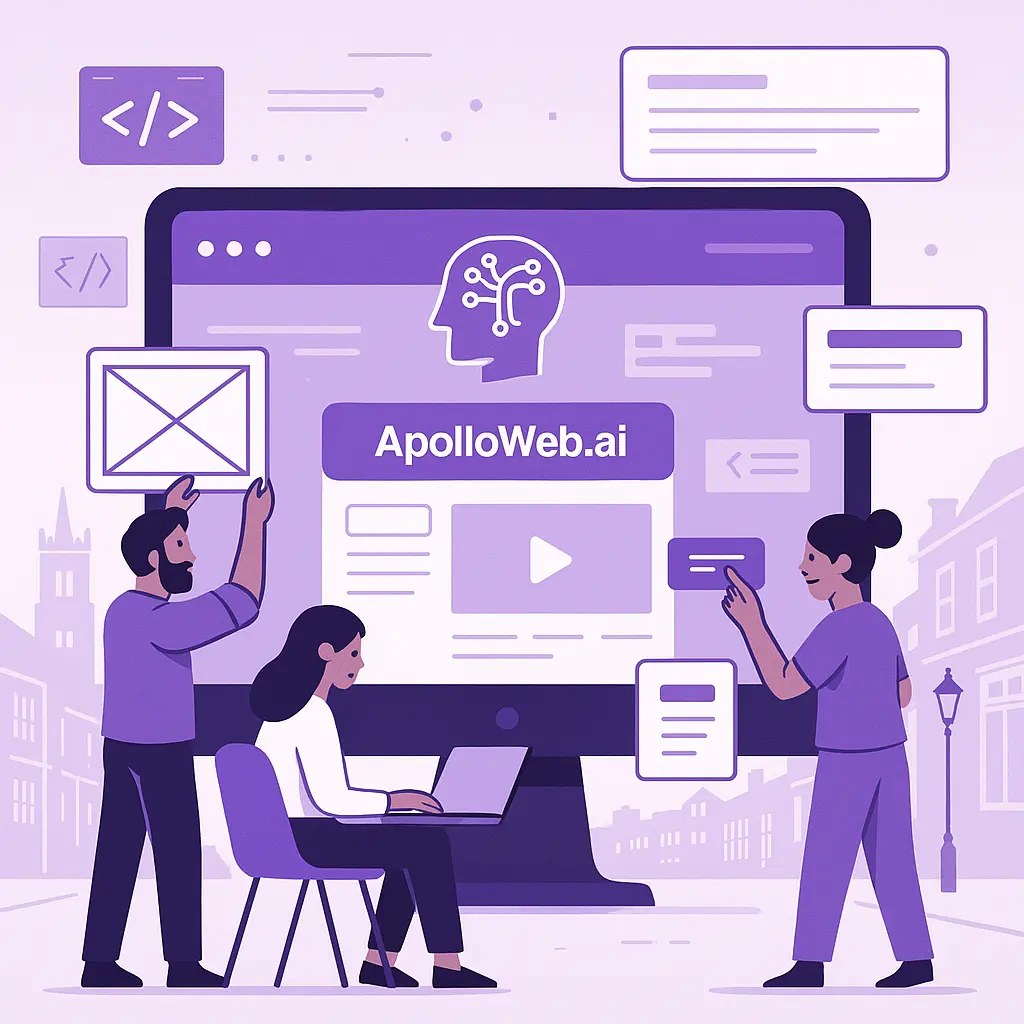In an increasingly competitive digital landscape, mastering advanced local SEO techniques is essential for businesses aiming to boost their presence in local search results. While many are familiar with the basics—such as setting up a Google My Business profile and ensuring consistent NAP (Name, Address, Phone) information—this guide delves into sophisticated strategies designed to elevate your local rankings dramatically. Whether you’re a digital marketing professional, SEO specialist, or local business owner, these actionable insights will help you overcome common challenges and unlock new opportunities for growth.

Introduction to Advanced Local SEO Techniques
Local SEO goes far beyond simple directory listings and keyword stuffing. It requires a nuanced approach that combines user intent, technical savvy, and content precision. Advanced local SEO techniques address the complexities of Google’s evolving algorithms, heightened competition, and changing consumer behaviours.
Common challenges include maintaining citation accuracy across platforms, managing online reputation effectively, and leveraging emerging technologies like voice search and AI. This guide focuses on strategic enhancements—from optimising Google My Business profiles at a granular level to deploying structured data markup and harnessing automation tools—to secure top rankings in local search and map packs.
Deep-Dive into Advanced On-Page Local SEO
Optimising Google My Business Profiles Beyond Basics
Google My Business (GMB) remains a cornerstone of local SEO, but basic setup is no longer enough. Advanced optimisation involves:
- Rich Photos & Videos: Regularly update high-quality images showcasing products, services, team members, and premises to engage users and signal activity. Timely Posts & Offers: Use GMB posts to share updates, promotions, and events, keeping your profile fresh and encouraging clicks. Comprehensive Q&A Management: Proactively answer frequently asked questions and monitor user-submitted queries to build trust and relevance. Utilising GMB Attributes: Specify detailed attributes like wheelchair accessibility, payment methods, or health measures to improve your profile's completeness and attract target audiences. Keyword Integration: Naturally incorporate geo-targeted keywords in business descriptions and services without violating Google’s policies.
Leveraging Localised Content and Landing Pages
Creating hyper-relevant content tailored to specific neighbourhoods or service areas enhances your local SEO footprint. Steps include:
- Geo-Targeted Keyword Strategy: Research location-specific modifiers and integrate them into page titles, headers, and body text. Custom Landing Pages: Develop dedicated pages for each locality with unique content addressing local events, client testimonials, and area-specific FAQs. Local Storytelling: Highlight community involvement, partnerships, or projects that resonate with the target audience. Internal Linking Structure: Connect local pages logically to distribute link equity and provide clear navigation paths.
Structured Data Markup for Local SEO
Implementing schema markup helps search engines understand your business details https://www.apolloweb.ai/about better and can enhance SERP appearances with rich snippets.
- Local Business Schema: Use JSON-LD format to encode essential details such as address, phone number, operating hours, and geographic coordinates. Event and Offer Markup: Highlight local events or special offers directly within your structured data. Review Schema: Showcase aggregated ratings and individual reviews to increase credibility and CTR. Product/Service Schema: Detail your offerings with schema to support more informative search features.
Off-Page Local SEO Strategies for Higher Rankings
Building High-Quality Local Citations and Ensuring NAP Consistency
Accurate citations remain vital for local relevance and authority.
- Audit Existing Listings: Use citation cleaning tools to identify inconsistencies or duplicate entries affecting your rankings. Target Authoritative Local Directories: Prioritise high domain authority sites relevant to your niche and geography. Consistent NAP Formatting: Standardise how your business name, address, and phone number appear everywhere. Leverage Niche-Specific and Hyperlocal Sites: Engage with industry groups, chambers of commerce, and local news portals for citations.
Advanced Link Building for Local SEO
Local backlinks not only boost domain authority but also signal trustworthiness to search engines.
- Guest Posting on Local Blogs and Publications: Provide valuable, locally relevant content that includes natural backlinks. Develop Strategic Partnerships: Collaborate with suppliers, complementary businesses, and local events to gain referral links. Leverage Sponsorships and Community Involvement: Supporting charities or local events can generate positive PR and authoritative backlinks. Identify Broken Link Opportunities: Use tools to find broken local backlinks and offer your content as a replacement.
Harnessing Online Reviews and Reputation Management
Reviews heavily influence local rankings and consumer decision-making.
- Strategic Review Acquisition: Encourage satisfied customers through personalised requests, follow-up emails, or incentives (following platform policies). Respond Promptly and Professionally: Address both positive and negative feedback to demonstrate engagement and care. Diversify Review Platforms: Solicit reviews on Google, Yelp, industry-specific sites, and social media channels for broader visibility. Monitor and Analyse Sentiment: Use reputation management tools to track review trends and identify areas for improvement.


Technical SEO Considerations for Local Search
Site Speed and Mobile Usability for Local SEO
Google prioritises fast, mobile-friendly sites, especially for local queries made on smartphones.
- Optimise Page Load Times: Compress images, leverage browser caching, and minimise JavaScript. Responsive Design: Ensure seamless navigation, clickable buttons, and readable fonts on all screen sizes. Implement AMP (Accelerated Mobile Pages): Where appropriate, consider AMP for faster loading on mobile devices. Use Mobile-Friendly Testing Tools: Regularly audit your site durability across devices to fix usability issues promptly.
Local SEO Audits and Monitoring Tools
Regular audits allow early detection of ranking drops and technical glitches.
- Comprehensive Audit Checklists: Examine on-page elements, citations, backlinks, GMB status, and user experience factors. Rank Tracking: Monitor local keyword positions across cities or neighbourhoods using tools tailored for hyperlocal data. Competitor Analysis: Evaluate competitors’ backlink profiles, citation strategy, and content performance to identify gaps. Performance Reporting: Set up automated reports to track KPIs such as organic traffic, map pack visibility, and conversion metrics.
Utilising Emerging Trends and Tools in Local SEO
Voice Search Optimisation for Local Queries
Voice search behaviour is reshaping local SEO dynamics, favouring conversational and question-based queries.
- Incorporate Natural Language Phrases: Optimise content for long-tail, question-style keywords reflecting how users speak. Focus on Featured Snippets: Structure content to answer common questions clearly and concisely to capture voice assistant answers. Maintain Updated GMB Information: Accurate details help voice assistants retrieve correct business info. Emphasise Local Intent: Highlight proximity, hours, and services prominently.
Leveraging Artificial Intelligence and Automation
AI-powered tools can streamline local SEO processes and boost efficiency.
- Automated Local Listing Management: Use platforms that synchronise business details automatically across directories and social channels. AI Content Generation: Generate locally targeted blog posts or social media content to maintain consistent publishing schedules. Sentiment Analysis: Employ AI to analyse review sentiments and customer feedback at scale. Predictive Analytics: Leverage AI to forecast keyword trends and competitor activity for proactive strategy adjustments.
Case Studies and Examples of Successful Advanced Local SEO
Real-world examples demonstrate the power of these advanced techniques:
- A regional law firm expanded into new markets by launching geo-specific landing pages combined with targeted GMB posts, increasing qualified leads by 45% in six months. A boutique fitness studio boosted Google Maps rankings through aggressive citation clean-up and soliciting diverse reviews, resulting in a 60% jump in local search visibility. An independent restaurant chain integrated AI tools to manage local listings and reviews automatically, reducing manual effort by 70% while maintaining a stellar online reputation.
These cases illustrate how combining multiple advanced tactics yields sustainable local SEO success and measurable ROI.
Conclusion and Next Steps
Mastering advanced local SEO techniques is imperative for standing out in today’s hyper-competitive local search environment. From optimising GMB profiles with rich media and attributes to building authoritative citations and employing AI-driven automation, the opportunities to enhance your local visibility are vast.
Take actionable steps now:
- Conduct a thorough audit of your current local SEO assets. Implement structured data markup and create geo-targeted landing pages. Invest in local backlink outreach and reputation management. Stay ahead by embracing voice search optimisation and AI tools.
By integrating these advanced strategies, you position your business not just to rank higher, but to dominate local searches in 2025 and beyond. Begin your journey to local SEO excellence today!